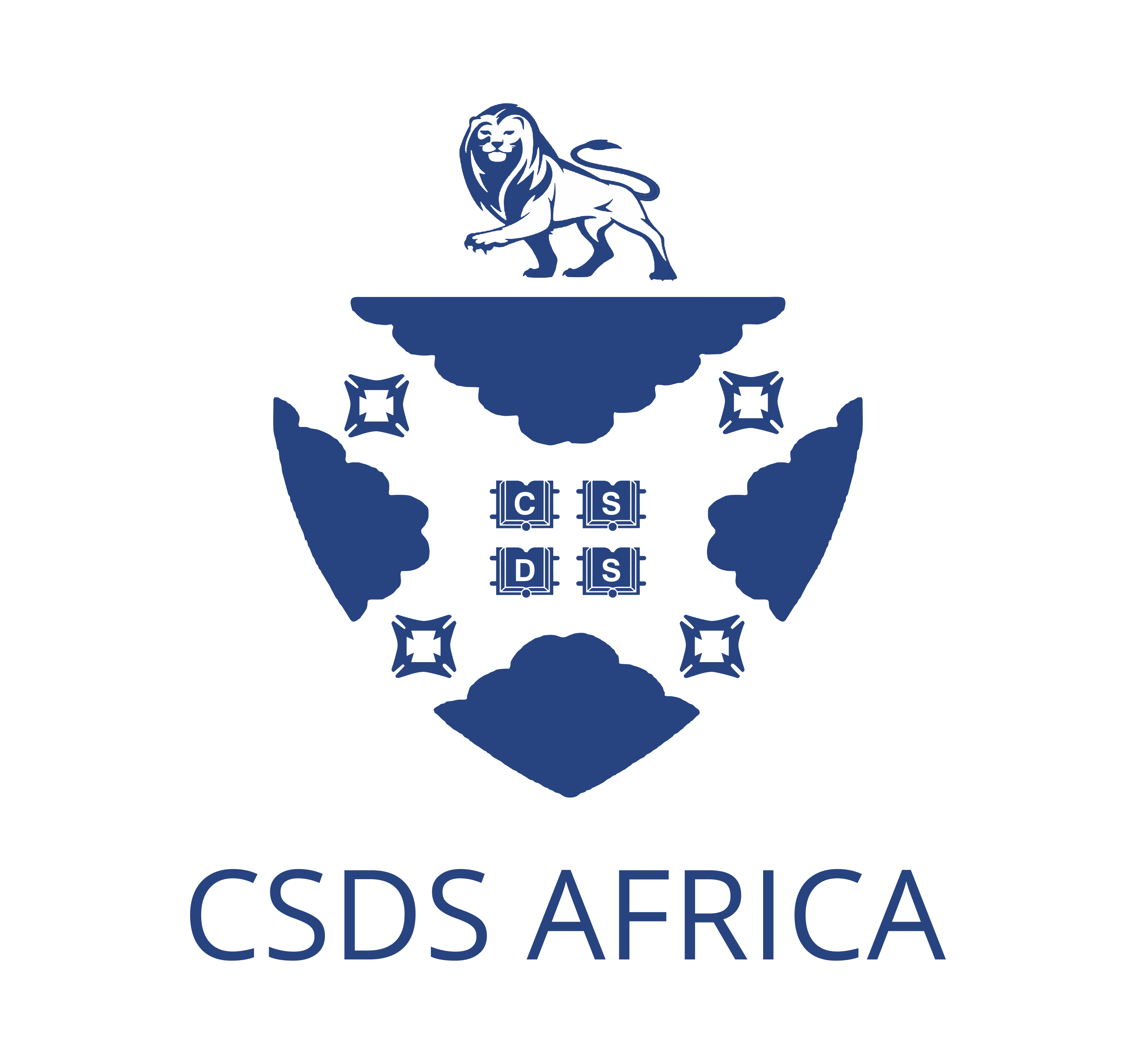BOTSWANA RISK REPORT
Security travel advice for Botswana
SECURITY INFORMATION
Threat level: Medium
The current travel safety advice for Burkina Faso is to remain vigilant as street crime is of high risk to foreigners in tourist areas. Alongside this there is a presence of extremists in the area, with kidnappings and banditry happening within the country. Be cautious during the May to November period when torrential rain can cause landslide and flooding.
There are current travel advisories in place of which the advice is not to travel to the following areas:
- All areas of the country north of the town of Boulsa
- Areas within 40km of the western border with Mali
- W National Park in the south-east bordering Niger and Benin
Further travel advice is to avoid all but essential travel to all areas of Burkina Faso including the capital city. The threat of terrorist attacks are extremely high and could happen at any moment after recent events in the country and neighbouring countries Côte d’Ivoire and Mali.
Recent Security Risk Events
A terrorist attack took place in Ouagadougou in January 2016, during which over 30 people were killed, many of the fatalities were western tourists. Terrorist groups like Al Qaeda in the Islamic Maghreb are widely operational in Burkina Faso. Further attacks and bombings are highly likely to happen at anytime and could occur without warning. If you are in Burkina Faso, you should be extra cautious of the heightened terror threat.
Security Risks
Most crimes relate to opportunist snatches of purses, wallets, jewellery and other valuables, be particularly wary of keeping your passport and travel documents in a secure and discrete place. Thieves are particularly active in busy street markets as tourists gather in these places.
The areas near and around the UN Circle and the former Central Market in Ouagadougou have highest amount of petty crime, mostly pick pocketing. You should take some security precautions during travel. Don’t carry valuables such as expensive watches on public display or walk alone at night. Keep a low profile and do not show signs of affluence.
The Movement for Unity and Jihad in West Africa (MUJWA) are also active in Burkina Faso and are renowned for kidnappings in the country. In the past 2 years several western nationals have been abducted by MUJWA in the northern town of Djibo which is near the border with Mali.
International relations
Burkina Faso has a strong diplomatic relationship with the European Union as well as many African and Asian countries. France, the former colonial power of Burkina Faso, continues to provide significant aid and support. Burkina Faso also maintains diplomatic relations with Taiwan.
Travel considerations
Take care if you are travelling between Burkina Faso and Niger by road, it is suggested to travel by aeroplane if possible. There have been some cases of bandits using land mines to attack tourist buses driving on the road from Ouagadougou to Niamey. Where possible you should request a police escort, unless you are accompanied by an armed security detail. Most of the roads are poor with little to none street lights.
Roadside banditry is a serious problem across the country for both tourists and Burkina Faso nationals and the number of road hold ups is on the increase, especially between 2015-2016. Many of these bandits are armed and extremely dangerous. In several cases, foreign travellers who have ignored the bandits and carried on driving have been shot at, and in some isolated incidents, killed.
Be cautious when on remote roads and border areas. These are particularly vulnerable areas as the perpetrators can easily escape over the borders to avoid detection. There have also been attacks on the main road between Ouagadougou and Bobo-Dioulasso. You should travel in convoy with an armed security detail if possible and during daylight rather than night, as they are most active in the early hours of the morning. Please seek advice from the Police before making your journey.
GENERAL INFORMATION
Official languages: French
Religion: Islam and Christianity
Currency: West African CFA franc
Visa requirements
Most visitors including all UK, US and EU nationals are required to obtain a visa prior to entering Burkina Faso. Contact your nearest Burkinabé Embassy for further information.
Immunisations
It is advised that visitors to Burkina Faso are up-to-date with primary boosters such as MMR. It is essential that you get vaccinated against Yellow Fever as there is risk of the disease throughout the country. It is an entry requirement that you present a certificate proving your immunisation. This should be completed at least 10 days prior to departure.
It is further recommended that most travellers get Tetanus, Typhoid and Hepatitis A vaccinations. You may also want to consider a Rabies jab as there is a small risk in some areas of the country. Check with your local health professional prior to travel if you are unsure.
Other health risks
Medical facilities in Burkina Faso are very limited. For serious medical treatment, evacuation to Europe is necessary. Make sure you have adequate travel health insurance and accessible funds to cover the cost of any medical treatment abroad and repatriation.
Malaria and other tropical and water-borne diseases are common. You should take sensible precautions to prevent mosquito bites such as using mosquito nets throughout the night and taking anti-malarial medications.
CONSULAR INFORMATION
U.S. Embassy Ouagadougou
Rue 15.873,
Avenue Sembène Ousmane,
Ouaga 2000, Secteur 15,
Ouagadougou,
Burkina Faso
Telephone: +226 70 19 19 39
Email: amembouaga@state.gov
British Embassy
There is no British Embassy in Burkina Faso. If you need consular assistance, you should contact the British High Commission in Accra, Ghana.
British High Commission Accra
Julius Nyerere Link
PO Box 296
Accra
Ghana
Telephone: +233 302 213 250
Email: High.Commission.Accra@fco.gov.uk



